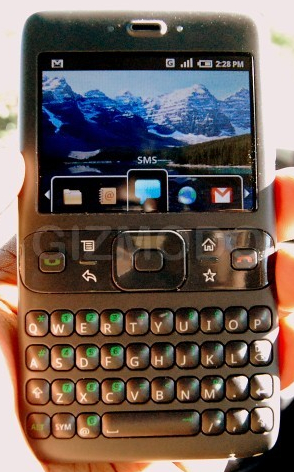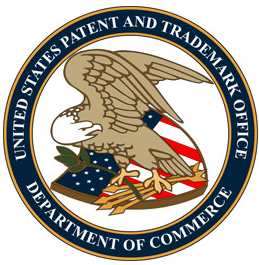Google Lashes Out Against Apple, Microsoft Patent “Conspiracy”
Google’s Chief Legal Officer David Drummond has lashed out at rivals Apple, Microsoft, Oracle and unnamed others for waging what he says is “a hostile, organized campaign against Android,” using “bogus patents.” Drummond asserts that Google’s rivals have joined together in an “anti-competitive” cabal of sorts that uses patent law almost as a pretext to […]
Google’s Chief Legal Officer David Drummond has lashed out at rivals Apple, Microsoft, Oracle and unnamed others for waging what he says is “a hostile, organized campaign against Android,” using “bogus patents.”
Drummond asserts that Google’s rivals have joined together in an “anti-competitive” cabal of sorts that uses patent law almost as a pretext to attempt to “strangle” Android. (The phrase “anti-competitive” is self-consciously used four times in his post.) Drummond contends that Google’s rivals are threatened by or unable to compete with Android’s momentum (citing Android’s 550,000 daily activations) and have resorted to this nefarious strategy to make Android more expensive for hardware makers and consumers.
Making Android More Expensive
Raising the cost hardware manufacturers must pay for Android is explicitly what Microsoft is trying to do with its patent-licensing demands (vs. HTC and Samsung). Steve Ballmer has said so very directly. Microsoft is also seeking to generate revenue from Android, which it is starting to do.

Apple has repeatedly said that Android handset makers have ripped-off the iPhone’s design and other key features. Apple’s lawsuit against Samsung, the top Android OEM, argues that the Korean company “slavishly copied” the iPhone and iPad’s designs:
Rather than innovate and develop its own technology and a unique Samsung style for its smart phone products and computer tablets, Samsung chose to copy Apple’s technology, user interface and innovative style in these infringing products…
Apple Not a “Patent Troll”
A strong case can be made that Android OEMs (Samsung in particular) have copied the look and feel of the iPhone. As has been widely documented, the original Android prototype devices (see image above left) looked very much like BlackBerries. Not long after the iPhone came out most Android handsets came to look like the iPhone. In addition, the presentation and operation of apps on Android devices largely came to mimic the iPhone.
What if Android handset makers did partly copy the iPhone’s chief features and design? If you’re Apple you believe this may have cut into sales because your product is less differentiated that it otherwise would have been.
There’s a balance between protecting legitimate IP and suppressing new product development and competition. That’s the balance policymakers and judges must strike. Apple believes it’s doing the former, while Google believes that Apple and its other rivals are seeking to do the latter.
A Chance to Play the Underdog/Victim
Beyond defending itself against what it says is an unwarranted and illegitimate attack — Google stops short of calling it “illegal” — the company is using this opportunity to score some political points. Google casts itself as the friend of the consumer and champion of openness and innovation. This is partly true and partly a cynical bit of rhetoric. (Indeed Skyhook Wireless might disagree, having been allegedly squeezed out of relationships with two Android OEMs by Google.)
In fairness to Google I’m sure some (and perhaps most) of the patent claims being asserted against Android are vague or dubious, but there’s also probably some legitimacy to some of them as well. Most legal cases are rarely black or white.
The broader problem revealed by the recent “patent wars” is that US intellectual property law is a mess, forcing companies to buy huge patent portfolios to protect themselves against potential future litigation. There’s also no doubt that some patent litigants are exploiting the law quite cynically. This subject was the focus of a recent NPR/This American Life report: “When Patents Attack.”
Not entirely coincidentally Google uses that exact phrase as part of the title for its blog post: “When patents attack Android.”
Postscript: See also our follow up piece, Google’s Patent Screed Emerges As PR Blunder.
Contributing authors are invited to create content for Search Engine Land and are chosen for their expertise and contribution to the search community. Our contributors work under the oversight of the editorial staff and contributions are checked for quality and relevance to our readers. The opinions they express are their own.
Related stories
